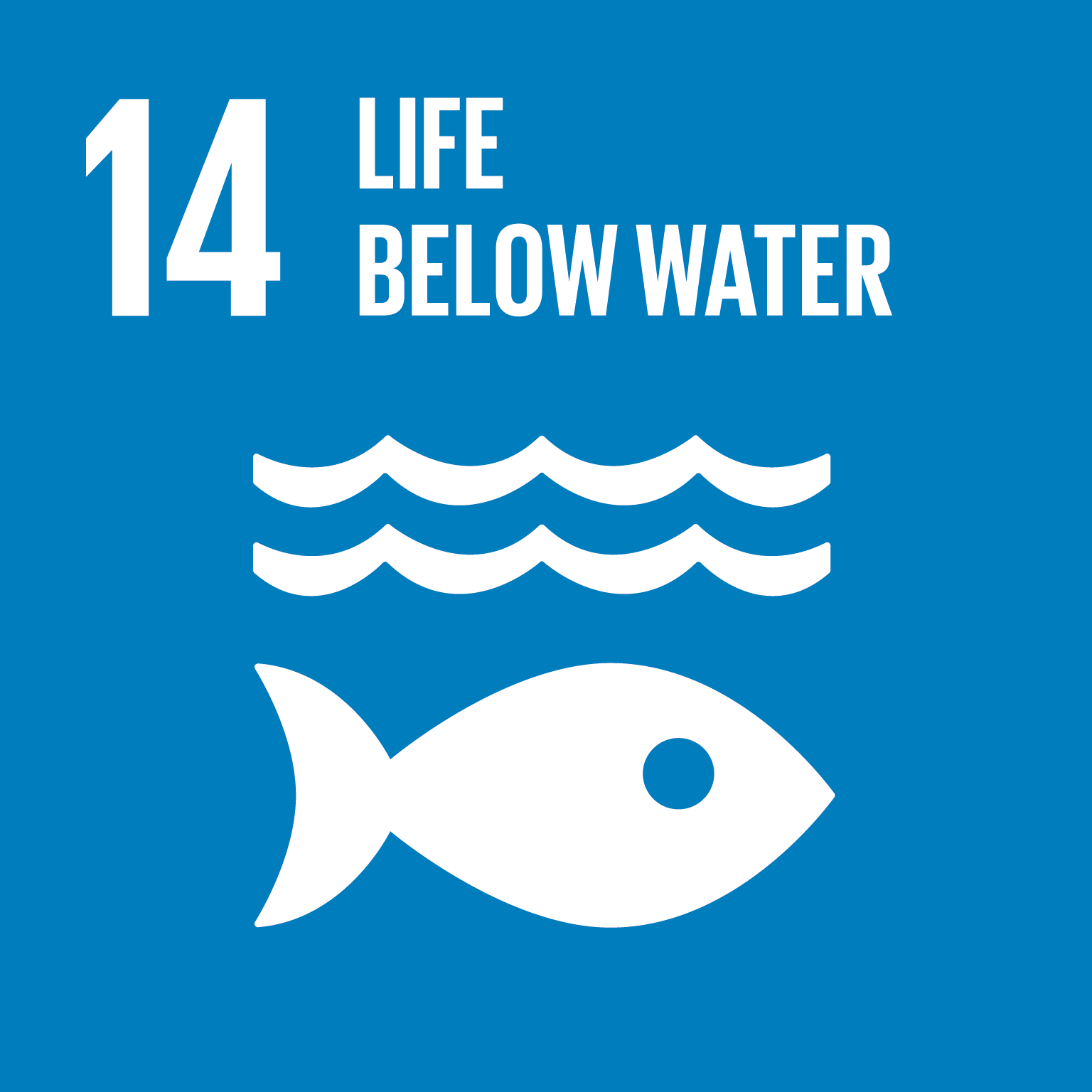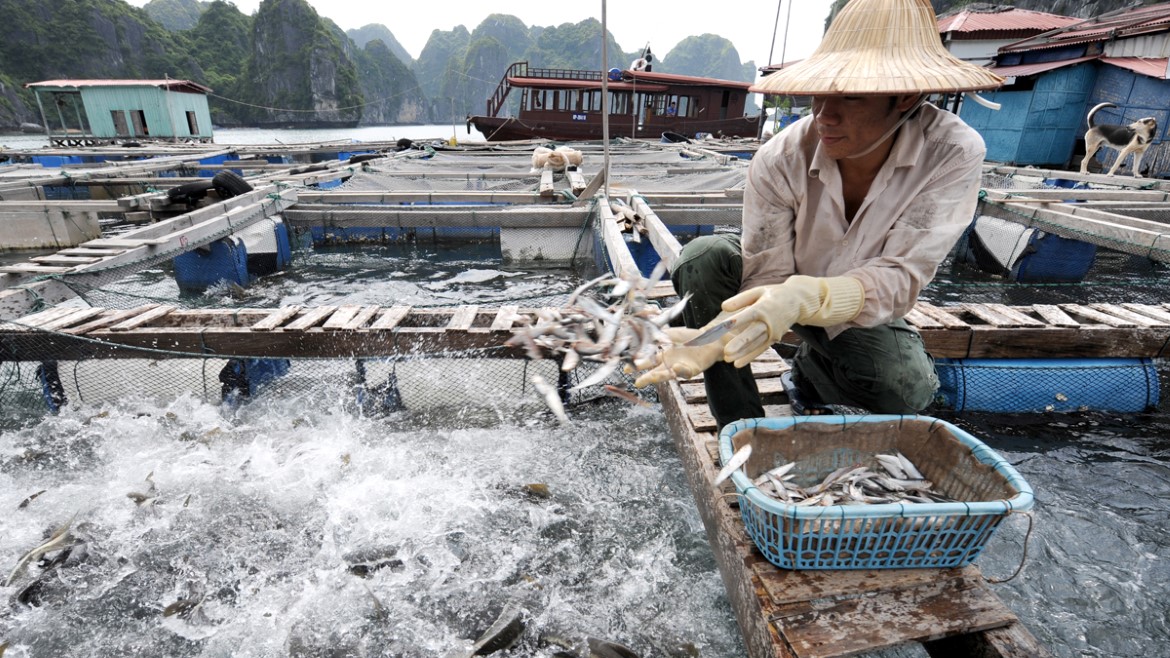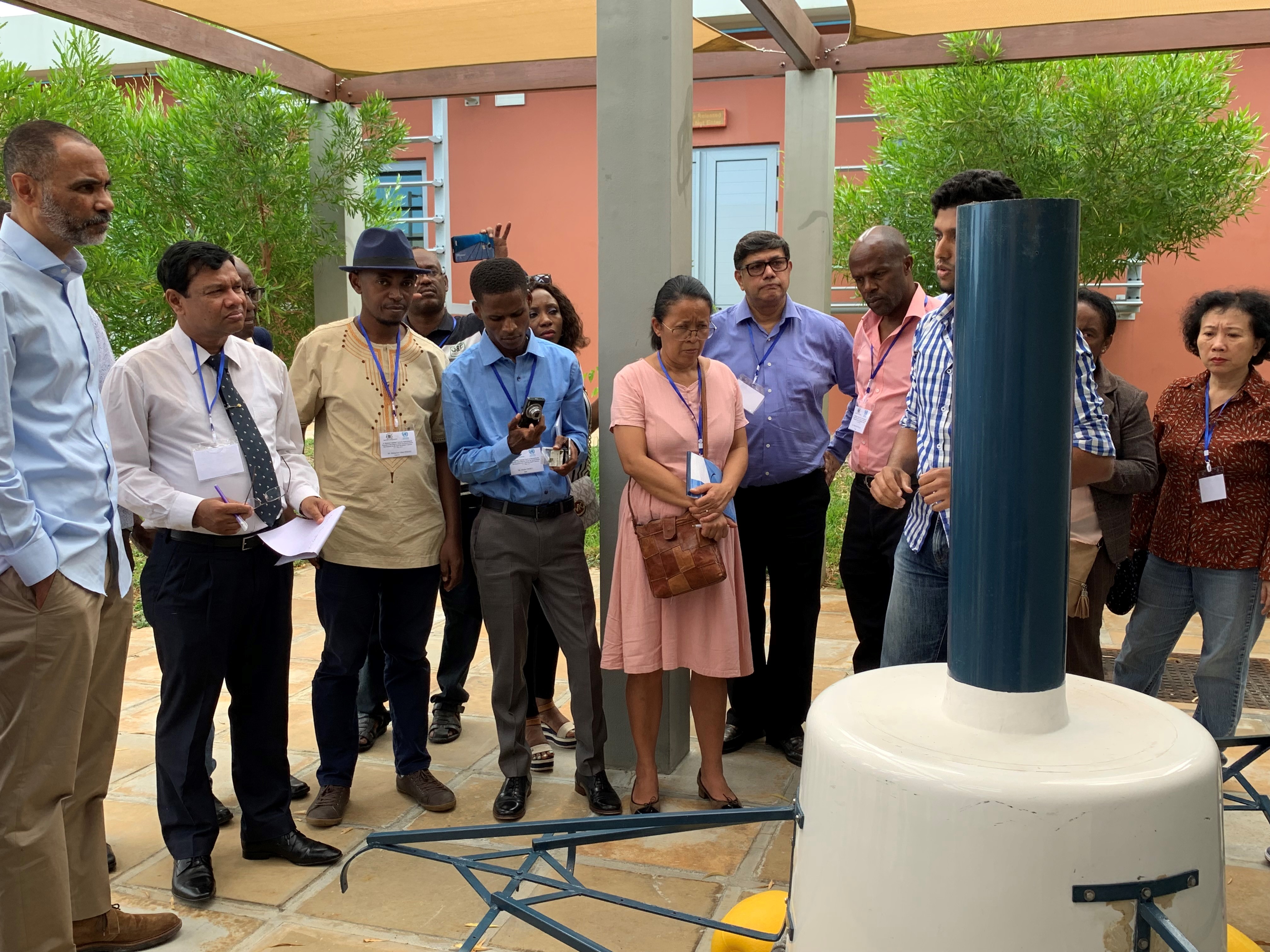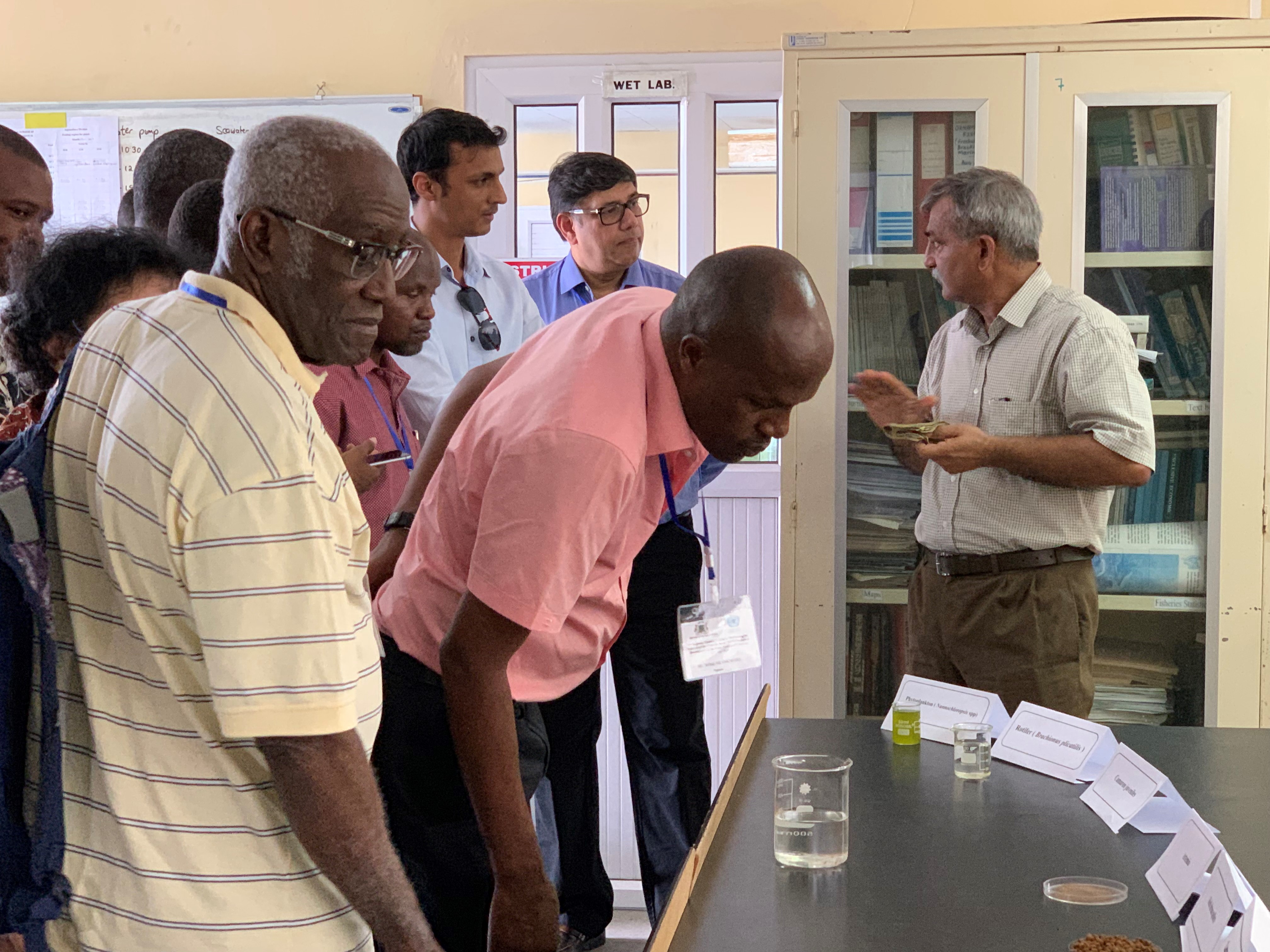 Building the Capacities of Selected LDCs to Sustainably Harness, Upgrade and Diversify their Fish Exports
Strengthening the fisheries and aquaculture sector for inclusive and sustainable development
Building the Capacities of Selected LDCs to Sustainably Harness, Upgrade and Diversify their Fish Exports
Strengthening the fisheries and aquaculture sector for inclusive and sustainable development

Challenges
The fisheries sector holds considerable potential for the diversification and development of emerging economies across the developing world. Fish and fishery products are among the most important dynamic commodity products for the least developed countries (LDCs) Despite its importance, the sector is often underdeveloped and the bulk of fish exports frequently consist of just a few products to a limited number of importing markets. Compliance with international public and private standards is perhaps the most significant barrier to export for least developed economies.
While UNCTAD's project addresses many constraints that exist in tapping in the potential of the fisheries sector in LDCs — both on the supply and demand side — it focuses most heavily on developing the capacities of these countries to meet international standards.
Towards a Solution
The project was designed to build the capacities of selected least developed countries (LDCs) to sustainably harness, upgrade and diversify their fish exports and to, directly or indirectly, contribute to achieving SDGs 1, 2, 5, 6, 8, 13 and 14. The conceptualization of the project was based on earlier findings on significant potential the fishery sector holds for economic and social development, and economic and export diversification in many LDCs. However, LDCs are often unable to tap into the potential of the fisheries sector due to inadequate productive capacities, lack of basic infrastructure, the artisanal or traditional nature of the sector, and stringent food safety and quality standards in major export markets.
The project has contributed to improved human resources capacity in beneficiary countries to formulate and implement sound policies aimed to harness fishery resources for socio-economic development.
The main outputs were eight training and capacity-building workshops, including five national workshops in the participating countries, and three regional and inter-regional workshops in Africa and Asia and specialized training at the Regional Centers of Excellence (RCEs).
The main outcome of the project was its contribution to enhance South-South Cooperation through the establishment the RCEs with partner institutions in Vietnam and the Republic of Mauritius – two model countries in terms of fisheries development. The RCEs are designed to run regular regional courses for African and Asian least developed countries (LDCs), respectively, and allow for the sharing of experiences, technical knowledge, and fisheries inputs in a sustainable manner. The RCEs are to serve as training and capacity-building hubs for countries of the two regions on fisheries and fish products.
The project facilitated the exchange of successful experiences between relatively advanced developing countries (Mauritius and Vietnam) and between several LDCs. Two Regional Training Courses on Harnessing the Potential of the Fisheries Sector for Economic Development in LDCs were provided – one in Vietnam in November 2018 and another one in Mauritius in May 2019. The two regional courses brought together fishery experts and policy practitioners from several countries in addition to the five countries covered by the project. Overall, it upgraded the technical knowledge and expertise of more than 500 participants from beneficiary countries and provided them with a range of policy options to overcome the challenges posed by international standards on fish exports.
A study tour to China and a training programme for 27 participants from three project countries (Cambodia, Mozambique, and Myanmar) was organized with the support of the Chinese Freshwater Fishery Research Centre. Further courses planned for subsequent years have been disrupted by the Covid-19 pandemic. Further sustainability of the project is in question due to lack of funding.
In terms of the methodology, the initiative supported policy-oriented analytical studies in project countries, identified regulatory gaps, institutional limitations and demand and supply-side challenges facing project countries. The initiative also helped to develop a comprehensive training manual that is designed to assist the delivery of specialized training including economic, social, and environmental sustainability of the fishery sector. The initiative was innovative because it helped developing countries themselves leverage expertise and specific knowledge existing in their countries. It provided hands-on training on how to design laboratories, aquaculture ponds or cages as well as develop synergies between the government, academia, civil society, and the private sector. The sustainability of the results of the project hinges on the availability of financial resources.
The outcomes and success stories are replicable in participating countries. Uganda has expressed an interest in adjusting its domestic food safety standards to meet international standards, both public and private, in order to stay in strategic export markets, and gradually to be able to export to high-end markets. Mozambique has taken important steps to develop a domestic aquaculture sub-sector, including the establishment of a task force consisting of key ministries, the private sector, and civil society to develop a model for developing the marine-based and freshwater aquaculture sub-sector. The Government of Comoros introduced a law requiring all vessels fishing in its sovereign waters to offload on Comorian soil so that it adds and retains value in its economy, creates employment opportunities, and generates more income to vulnerable sections of its society. Myanmar also expressed interest and a commitment to establish a National Research and Development center dedicated to the fisheries sector.
Contact Information
Countries involved
Supported by
Implementing Entities
Project Status
Project Period
URL of the practice
Primary SDG
Primary SDG Targets
Secondary SDGs
Secondary SDG Targets
Similar Solutions
| NAME OF SOLUTION | Countries | SDG | Project Status | |
|---|---|---|---|---|
A Billion Brains: Smarter Children, Healthier Economies High Level Meeting on South-South Cooperation for Child Rights |
Cambodia, Comoros, Mozambique, Myanmar, Uganda | 17 - Partnerships for the Goals | Completed | View Details |
Accelerating the Implementation of African Union Treaties in São Tomé and Príncipe South-South learning from the Beninese judicial system’s experience in the application of human rights treaties to its national law |
Cambodia, Comoros, Mozambique, Myanmar, Uganda | 05 - Gender Equality | Completed | View Details |
Accelerating the Transformational Shift to a Low-Carbon Economy in Mauritius Towards supplying 35 percent of the country’s energy needs with renewables by 2025 |
Cambodia, Comoros, Mozambique, Myanmar, Uganda | 05 - Gender Equality 09 - Industry, Innovation and Infrastructure 13 - Climate Action | Ongoing | View Details |
Accelerator Labs Network Following collective intelligence methods to address emerging sustainability challenges and the growing demand for local solutions |
Cambodia, Comoros, Mozambique, Myanmar, Uganda | 08 - Decent Work and Economic Growth 13 - Climate Action | Ongoing | View Details |
Accessibility of Financial Services and the Private Sector in Africa Maximizing the impact of financial cooperation on economic development and industrialization in Africa |
Cambodia, Comoros, Mozambique, Myanmar, Uganda | 08 - Decent Work and Economic Growth | Completed | View Details |


